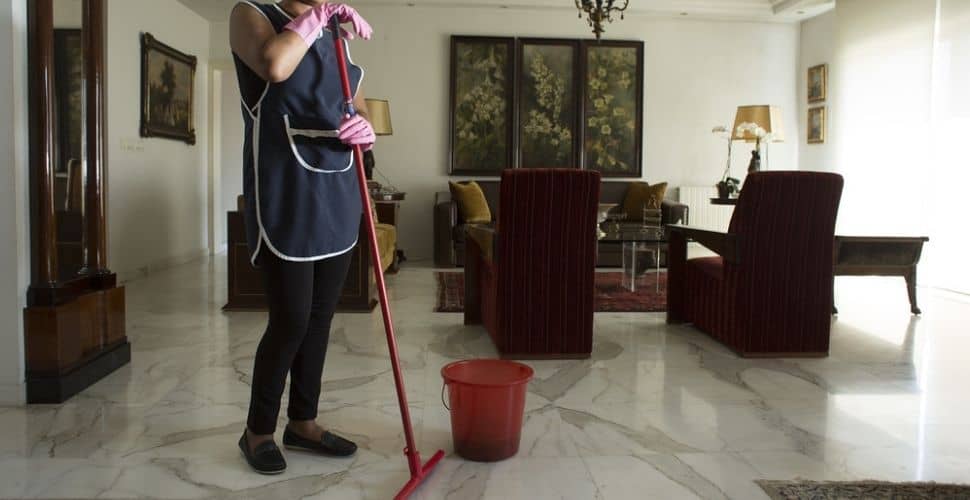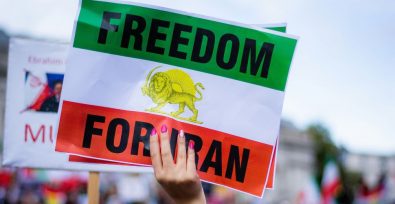Jullebee Ranara, a 35 year old Filipino housemaid who worked in Kuwait was flown home last Friday. This, however, isn’t a story of a warm homecoming. Jullebee’s remains were found dumped in a desert after she was reportedly killed by her employer’s son.
A tragic death
Filipino officials were trying to confirm news reports that she was raped and was pregnant when she was killed by the 17-year-old suspect, who has been taken into custody by Kuwaiti police, she said. The Philippine government would do everything to ensure justice for the victim, she said.
The Philippines has a population of about 110 million nationals. A reported 10% of the population have emigrated for work, in hopes of supporting family back home. Low wages, unemployment and poverty all contribute to the more than 11 million Filipino nationals now working across the globe. Sadly, this crime is one of many, as not all who emigrate are lucky enough to find prosperous, or humane employment.
Domestic workers are unprotected
Although domestic work need not be exploitative, it is isolated and so unprotected. Combined with the worker’s extreme dependency on an employer and a lack of rights, they are especially vulnerable to exploitation and abuse.
Migrant Workers Secretary Susan Ople commented on a plan to send a team of investigators to Kuwait. The investigation will aim to determine the cause, or causes, of what is considered to be a spike in migrant worker mistreatment in the tiny emirate nation.
About 268,000 Filipinos currently work in Kuwait, including many housemaids. More than 400 Filipinos sought shelter in recent weeks in an emergency center run by the Philippine Embassy due to labor problems, and nearly half have flown back to Manila, Migrant Workers Undersecretary Hans Cacdac said.
The Kuwaiti ambassador to the Philippines issued a statement calling the incident tragic, and promising justice for Ranara and her family.
Philippines and Kuwait share a history of labor mistreatment. in 2018, the then president banned workers from being deployed to Kuwait, and both nations signed a pact to offer greater protections to migrant workers. The ban was later lifted, and the pact seems to have gone somewhat unheeded, as incidents still occur.
Secretary Ople mentioned in her statement that the pact will need to be re-visited, and more safeguards will need to be installed.
Take action
Domestic workers should enjoy the same protections as other workers and no longer be the invisible labor behind the doors of private households and unprotected by national legislation. This allows for the worst types of abuse often amounting to modern slavery and puts workers’ lives at risk.
Call on your government to ratify the Domestic Workers Convention today!







Freedom United is interested in hearing from our community and welcomes relevant, informed comments, advice, and insights that advance the conversation around our campaigns and advocacy. We value inclusivity and respect within our community. To be approved, your comments should be civil.